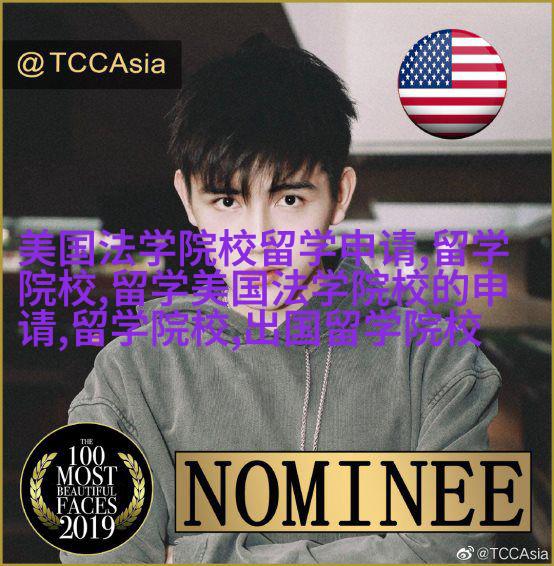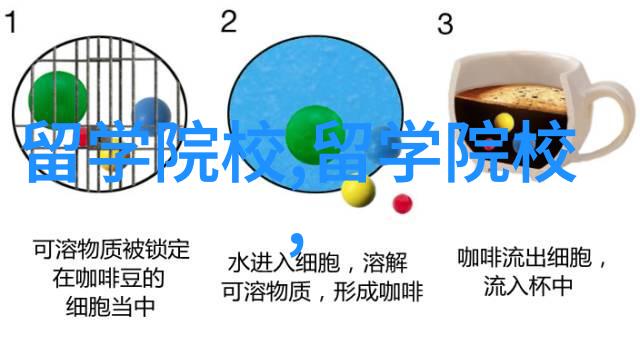探索日本留学之路,你是否已经准备好面对日语的挑战?让我们一起揭开日本留学对于语言能力的要求,了解如何顺利迈出这条旅程。

一、Japan's Language Requirements for Study Abroad
Japanese universities typically require applicants to demonstrate a certain level of proficiency in Japanese, usually through the results of the Japanese Language Proficiency Test (JLPT). This test, administered by the Japan Foundation, is designed to assess the language ability of non-native speakers. It consists of five levels: N5-N1, with N1 being the highest.

Each university and program may have different requirements for JLPT scores. Generally speaking, science and art students may not need an N1 score but will be expected to perform well in English. For humanities students, however, an N1 score can be a significant advantage when applying to top-tier universities like Tokyo Imperial University or Waseda University.
二、Popular Paths for Studying Abroad in Japan

There are several ways to study abroad in Japan:
Direct Application: Students can apply directly to Japanese universities using their high school graduation certificate and entrance examination results. However, this path is not recommended for those without strong Japanese language skills.
SGU English Program: The SGU program offers an English-based curriculum designed specifically for international students from Europe and America.

Preparatory Course: Designed for those without sufficient Japanese language skills, these courses offer a bridge between high school education and university-level studies.
三、日本留学的优势 Advantageous Aspects of Studying Abroad in Japan
Studying abroad in Japan offers numerous benefits:

High-quality education: With six top-ranked universities within QS World Rankings' Top 100 list, studying abroad in Japan provides access to world-class institutions.
Affordable tuition fees: Compared with studying abroad in Europe or North America, tuition fees are significantly lower while still offering excellent educational opportunities.
Scholarships abound: Not only do schools provide financial aid but also various organizations offer scholarships that cover part or all costs associated with studying abroad.
Opportunities abound: From undergraduate programs through research graduate degrees at prestigious institutions like Kyoto University or Tokyo Tech (Tokyo Institute of Technology), there are options available catering diverse interests such as arts & design at Musashino Art School or Tama Art University.
Additionally:
Close proximity between China and Japan makes it easier for Chinese students who wish learn about other cultures without feeling too far away from home
A safer environment due its reputation as one having low crime rates worldwide



